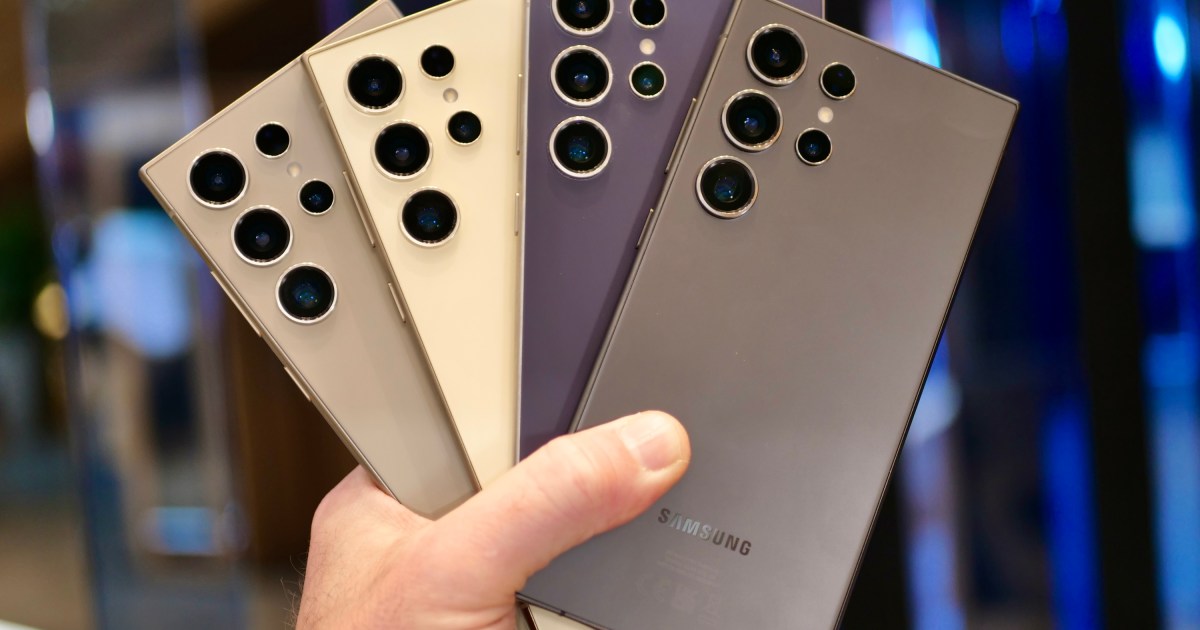South African voters queued – many of them for hours – to cast their ballots on Wednesday in a landmark general election that has left the ruling ANC fighting to protect its three-decade-long exclusive grip on power.
Bookmark The South African website’s Elections 2024 hub for the latest news you need to know
More than 27 million voters are registered for the most uncertain poll since the African National Congress (ANC) led the nation out of apartheid rule, but with voting delayed in many districts, some were forced to wait.
‘Voting was proceeding smoothly’- IEC
With opposition challenges from both the left and right, unemployment and crime at near record levels and a new generation growing up with no memory of the struggle against white-minority rule, the ruling party may lose its absolute majority and be forced to share power.
The Independent Electoral Commission (IEC) reported that voting was proceeding smoothly in most of the country despite long queues at busy centres, but that seven percent of stations opened late because of delays in delivering election materials.
After voting, President Cyril Ramaphosa, who is seeking re-election, said: “I have no doubt whatsoever in my heart of hearts that the people will once again invest confidence in the ANC to continue leading this country.”
But John Steenhuisen, leader of the biggest opposition party the Democratic Alliance (DA), predicted no single party would win an outright majority, creating an opening for his party and an alliance of smaller outfits.
“For the first time in 30 years, there’s an opportunity for change in South Africa”, he said after voting in his home city, Durban.
Negotiate a coalition
Voters will choose the 400 members of the National Assembly who in the coming weeks will then choose a president from among their number.
For the first time since the advent of democracy in 1994, the ANC could be forced to negotiate a coalition to remain in government.
If the ANC wins fewer than 201 seats, Ramaphosa would have to negotiate with opposition parties and independent MPs to secure a majority. It could face stark choices.
On the right, the DA has vowed to “Rescue South Africa” through clean governance, privatisation and deregulation but has struggled to shake off its image as a party for the white minority.
Polls put DA support below 25 percent.
On the left, it is bleeding support to former president Jacob Zuma’s uMkhonto weSizwe (MK) and Julius Malema’s Economic Freedom Fighters (EFF), which are pushing for land redistribution and nationalisations.
Polls estimate these two parties are tied at around 10 percent.
Malema waited alongside ordinary voters for four hours to cast his ballot.
“We are calling on the IEC to be more efficient and try to reduce the queues,” he told journalists outside his polling station.
Long queues were causing people to leave before voting, which compromised the freedom and fairness of the elections, he added.
Easier deal?
Once an ANC stalwart, Zuma fell out with his old party after being forced out of office under a cloud of corruption allegations in 2018.
He has been barred from standing as an MP because of a conviction for contempt of court but remains extremely popular in his home province of KwaZulu-Natal.
Were the ANC to come close to 50 percent it could strike an easier deal with some of the dozens of smaller groups in the running.
Full results are not expected before the weekend.
By Garrin Lambley © Agence France-Presse







